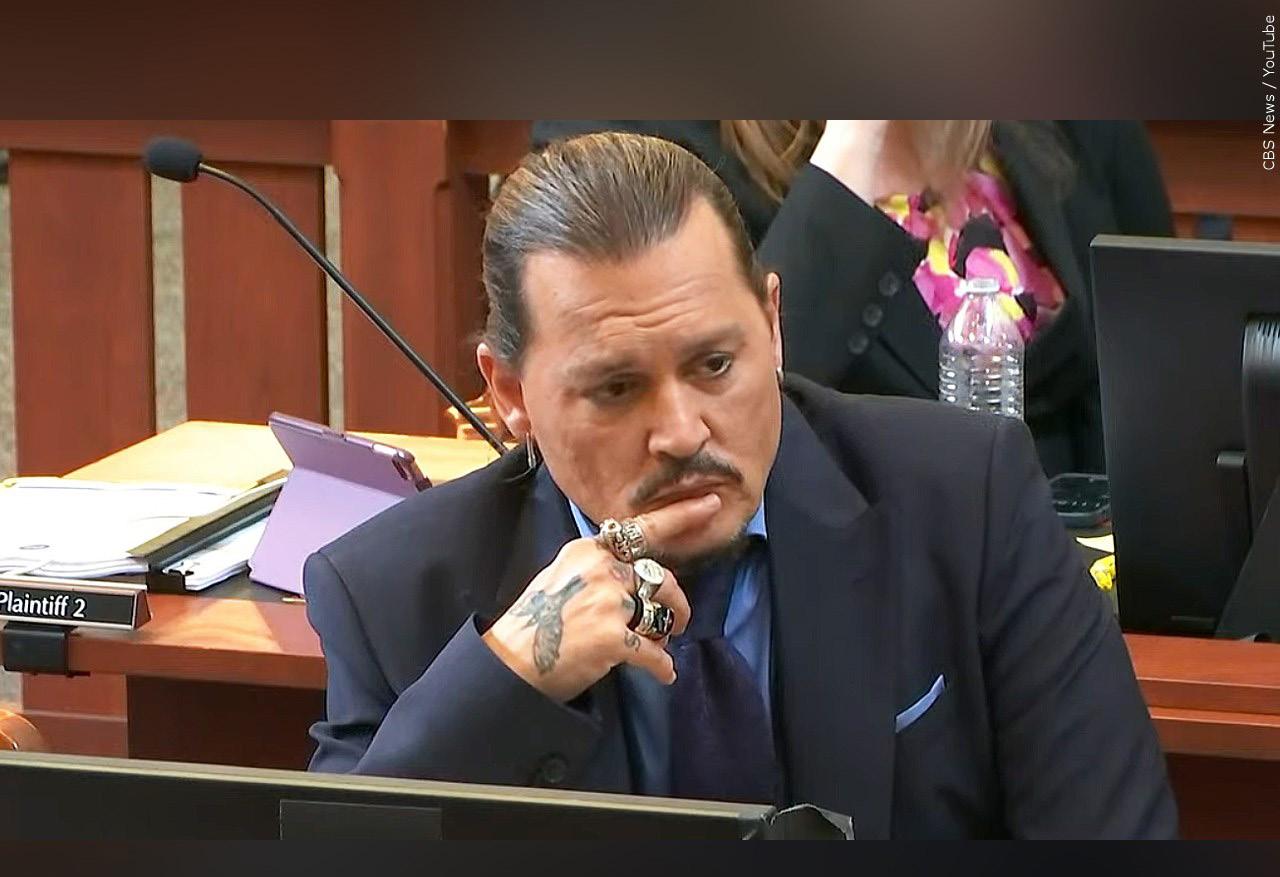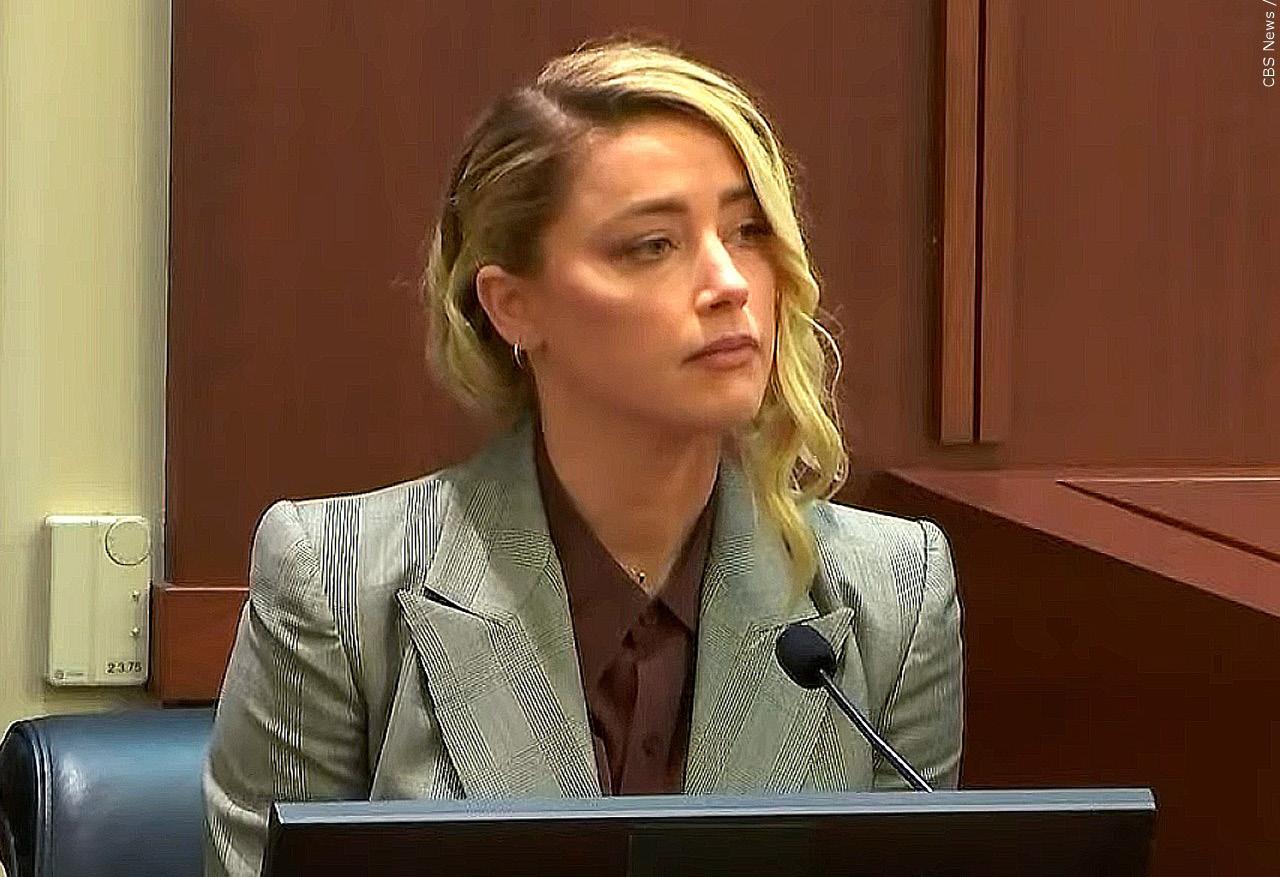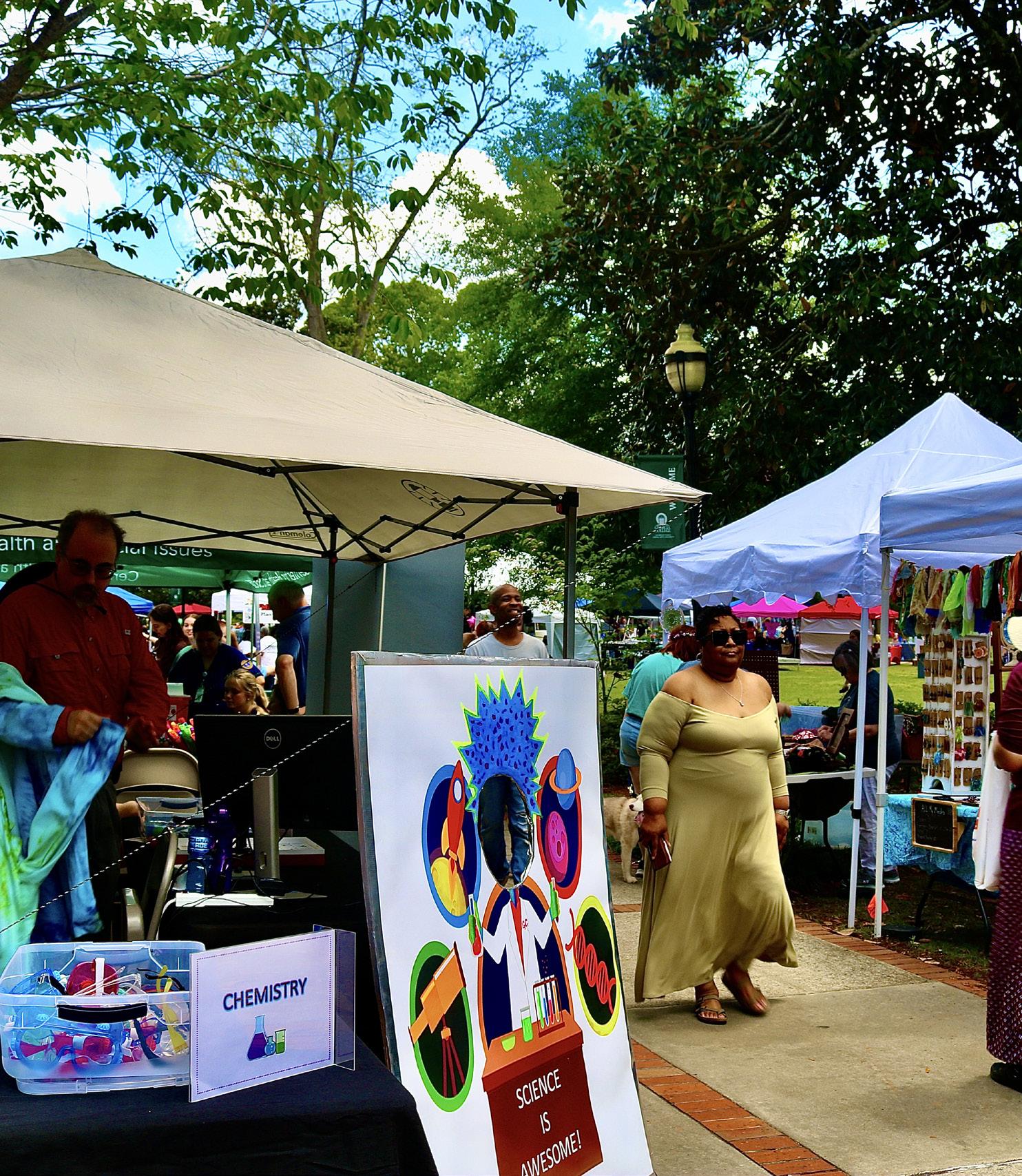
2 minute read
The 8th Annual ArtHealthy Festival
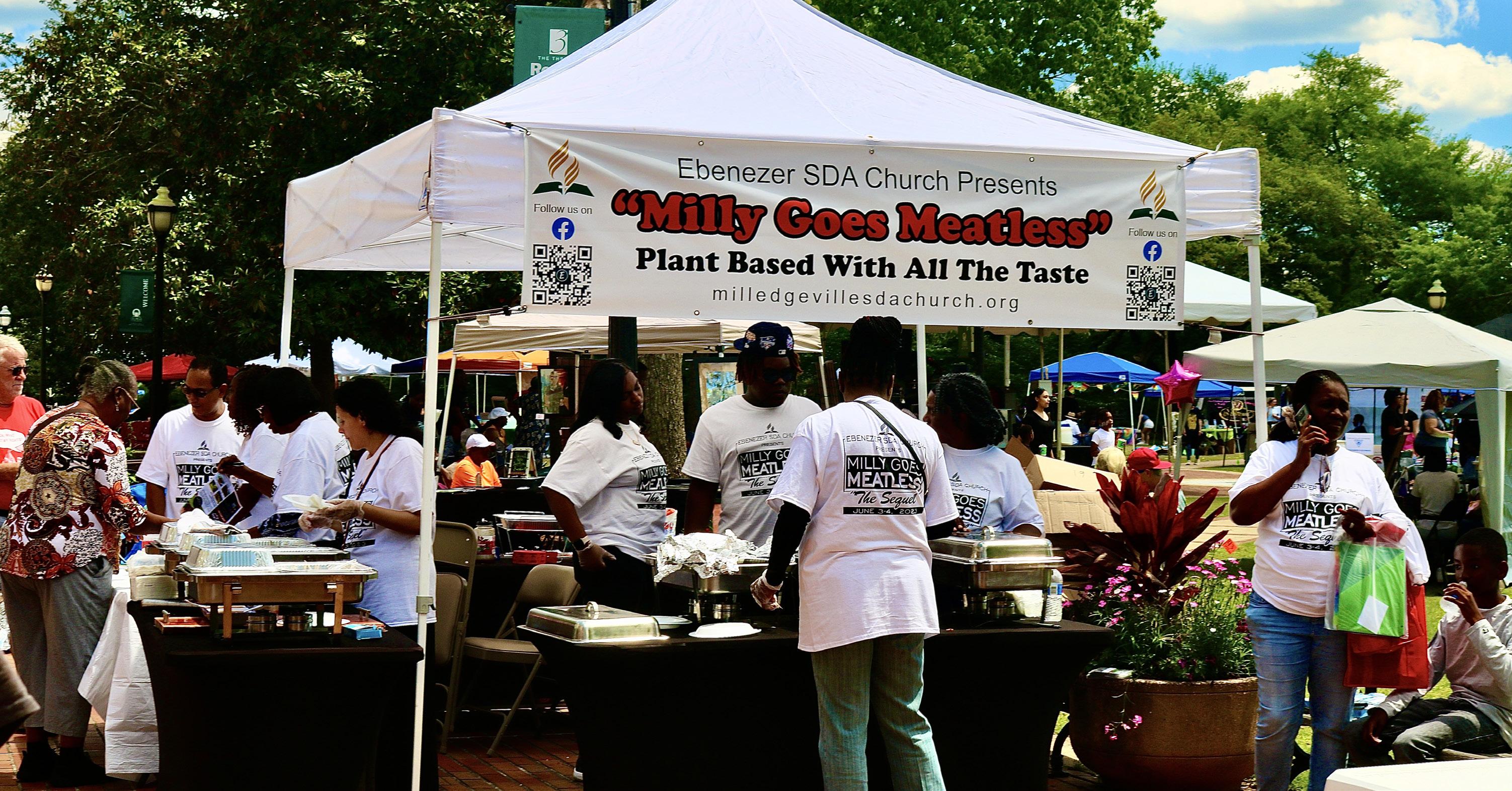

Photos by Marissa Marcolini
Digital Media Editor
CREATE Inc., in partnership with Georgia College, sponsored the 8th annual ArtHealthy Festival last Saturday on GC’s Front Campus. This popular community event attracted thousands of people with activities like the Kid Zone, aerobic workouts, healthy food, ziplines, and human foosball helping people of all ages celebrate health and fitness. Fulfilling CREATE’s vision to “Provide Innovative Responses to Quality-of-Life Barriers,” ArtHealthy seeks to address the epidemic of obesity through the arts, education and recreation. Close to 200 vendors were in attendance.
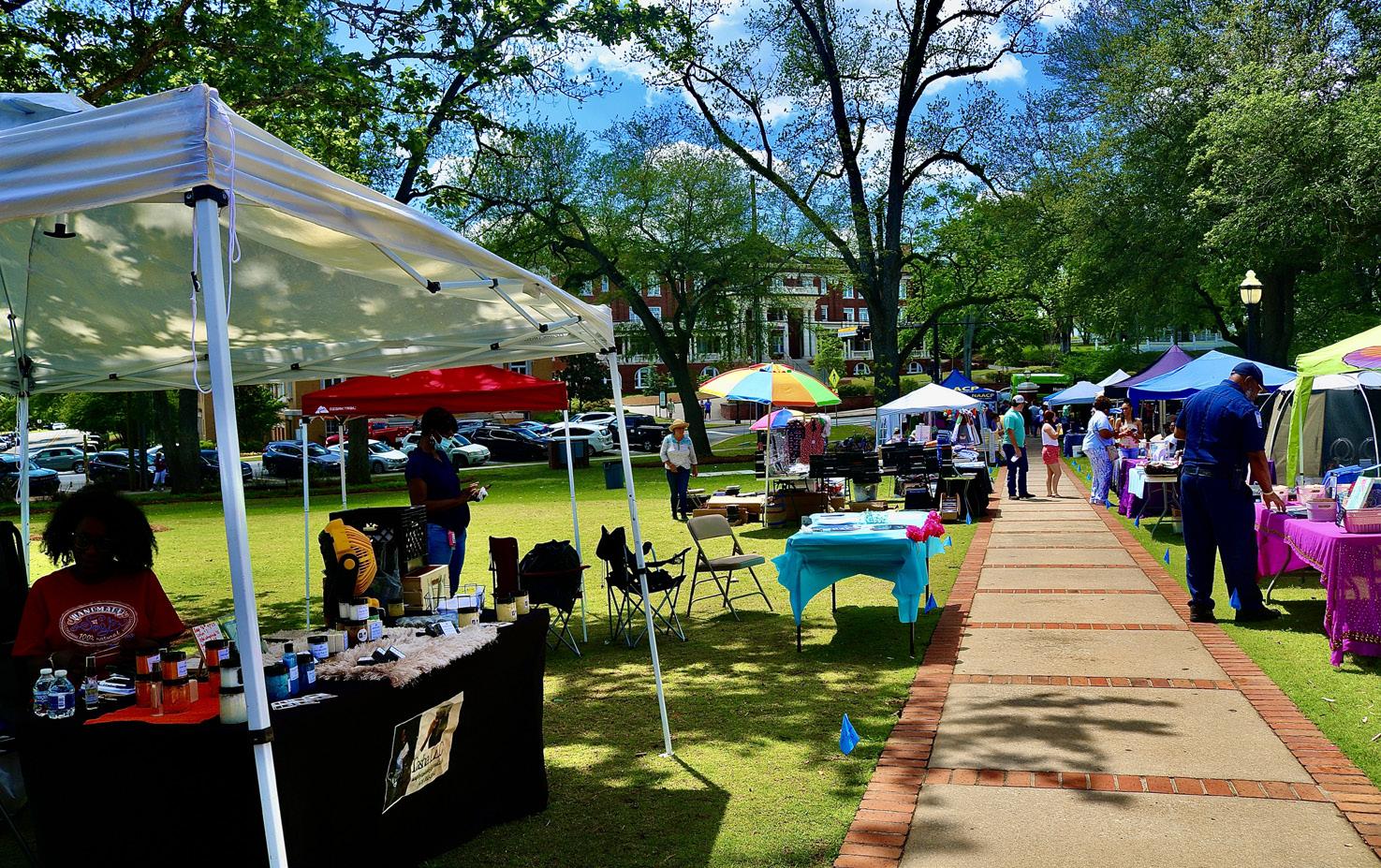
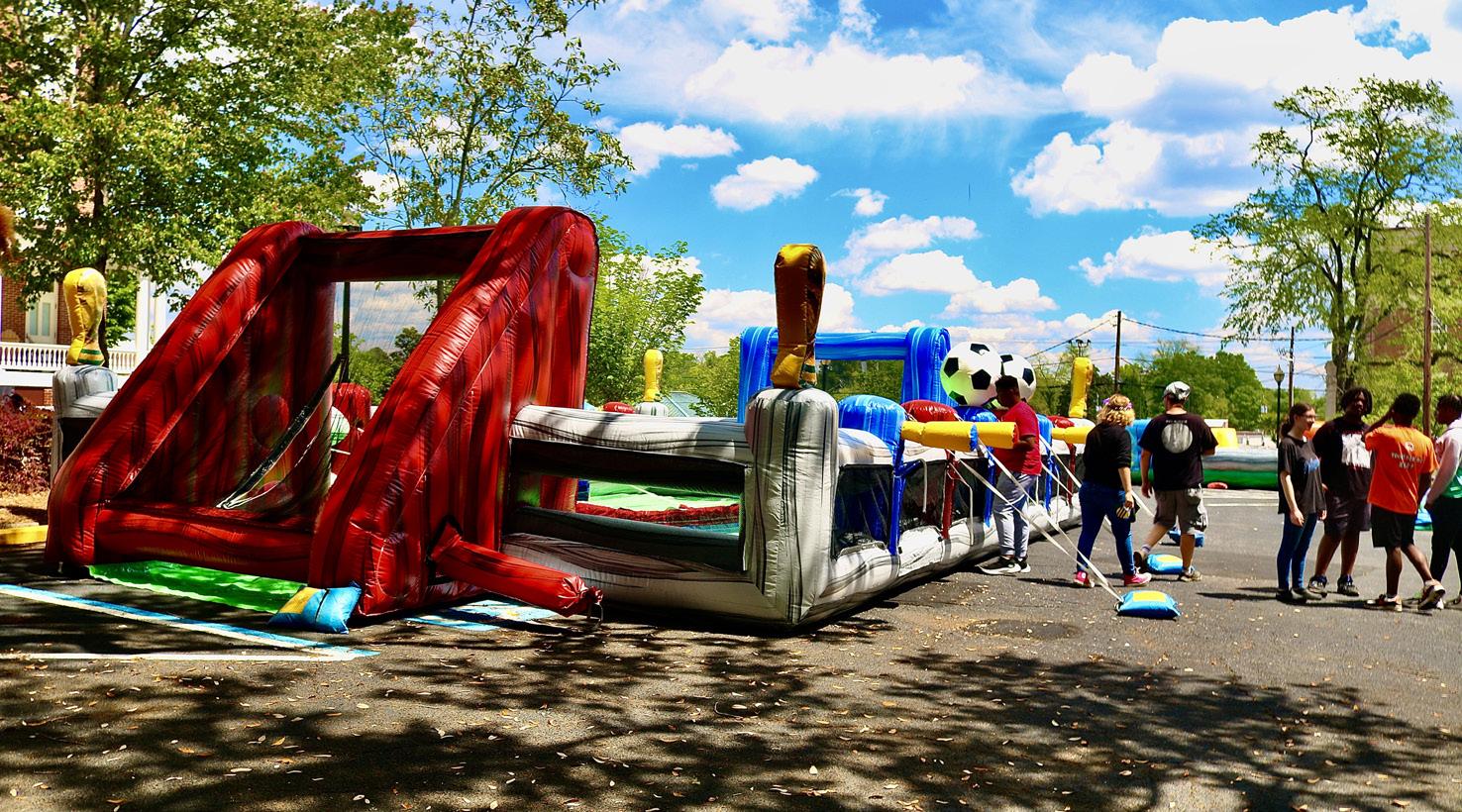
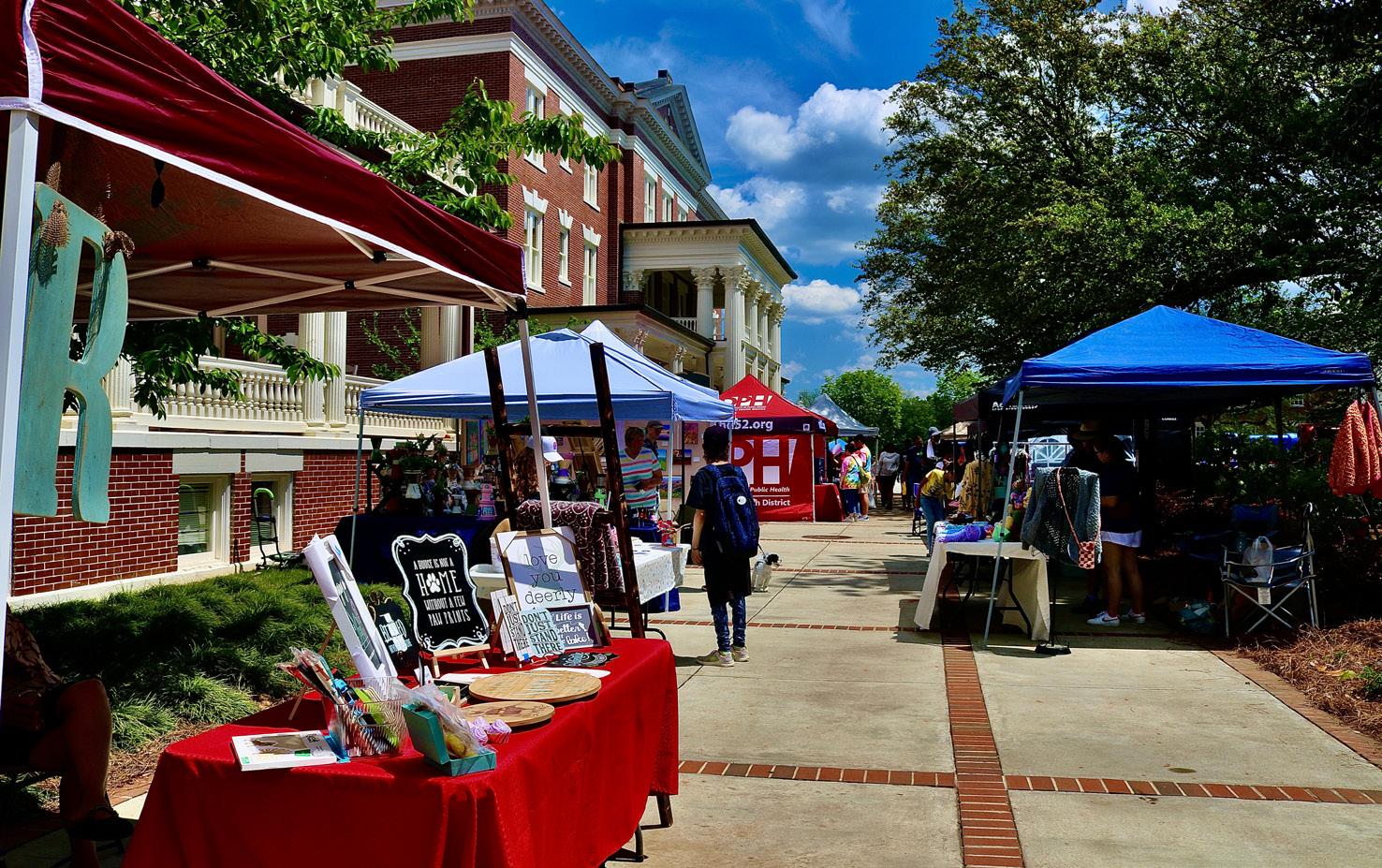
Some of these conversations entailed gruesome depictions and threats towards Heard’s life. In one conversation with Paul Bettany, Depp was recorded making explicit comments about murdering Heard and sexually assaulting her corpse. This was one of many conversations of this nature brought to light as evidence against Depp. Yet, the public continued to show undying love and support to Depp, with masses claiming that the actor was one of the kindest, most loving people in Hollywood and that he deserved better. The internet became filled with videos of Depp displaying kind behavior in interviews or being caught smiling on camera, all as a means of justifying that he is a good man.
It is unsettling to look back at the way fans were so eager to ignore the suspicious and violent evidence brought against Depp. This brings up the interesting conversation surrounding why people are so quick to not only become extremely invested in celebrity drama but also to defend and support these celebrities without really knowing them at all. In the Everyday Health article
“Why We Care So Much About Celebrity Gossip, According to Psychology” by Christine Byrne, the conversation unfolds as to the psychology behind intense interest in celebrity gossip and the effect this attachment can have on some people’s social lives.
“Just because we’ve never met these celebrities doesn’t mean we don’t have relationships with them,” Byrne said. “But if these relationships are dominating your life — for example, if you’re so invested in a certain celebrity or celebrity relationship that you don’t build real social relationships with people around you — then that’s a bad thing. Gossiping about these celebrities can be a similarly low-stakes way to feel connected since the information you’re sharing doesn’t pose a risk to you or a member of your social circle.”
The article goes on to explain that the relationships people form with public figures are called parasocial bonds. Essentially, this is another way of saying an imaginary relationship, where a person mentally creates an image about someone they have never met. It is this attachment or bond that sometimes leads to the false feeling of knowing the character of a celebrity without knowing them personally.
Depp is an actor who has been in a countless number of iconic films, so it is not surprising that people have created these bonds with him. It was difficult to believe that an actor who portrayed so many beloved characters was also capable of saying and doing the things that were presented as evidence against him.
It leaves one to wonder how often the public mistakes the fictional mental image of a celebrity they have created for the true nature of their character.
These untrue percep- tions can be extremely toxic to the slack that we give to these celebrities.
Depp is not the first, nor will he be the last, of these celebrities whose actions have been swept under the rug due to the public’s affection for them. This is not to say that Heard was actually innocent in this trial, and Depp was guilty. Instead, it seems apparent that both parties held large amounts of guilt for the actions committed against one another, and the public needs to be more careful with the trust they place in a celebrity’s character.
